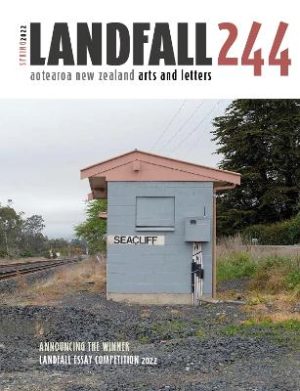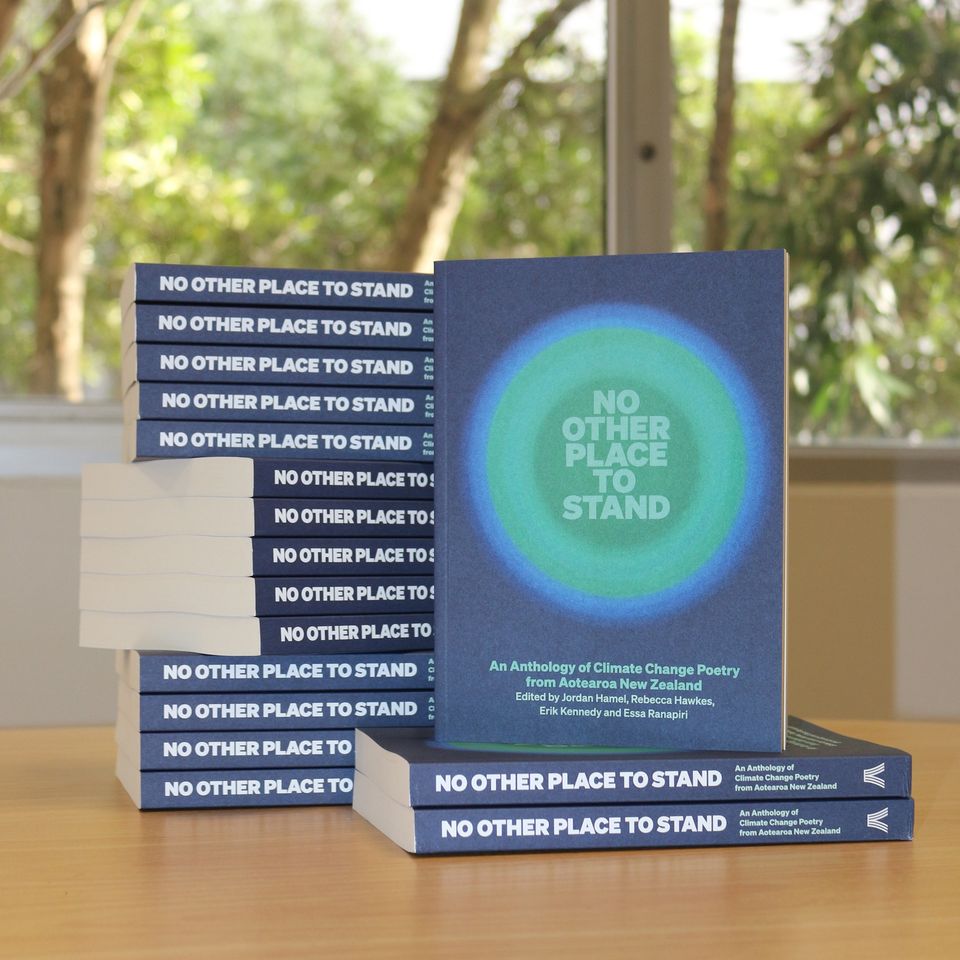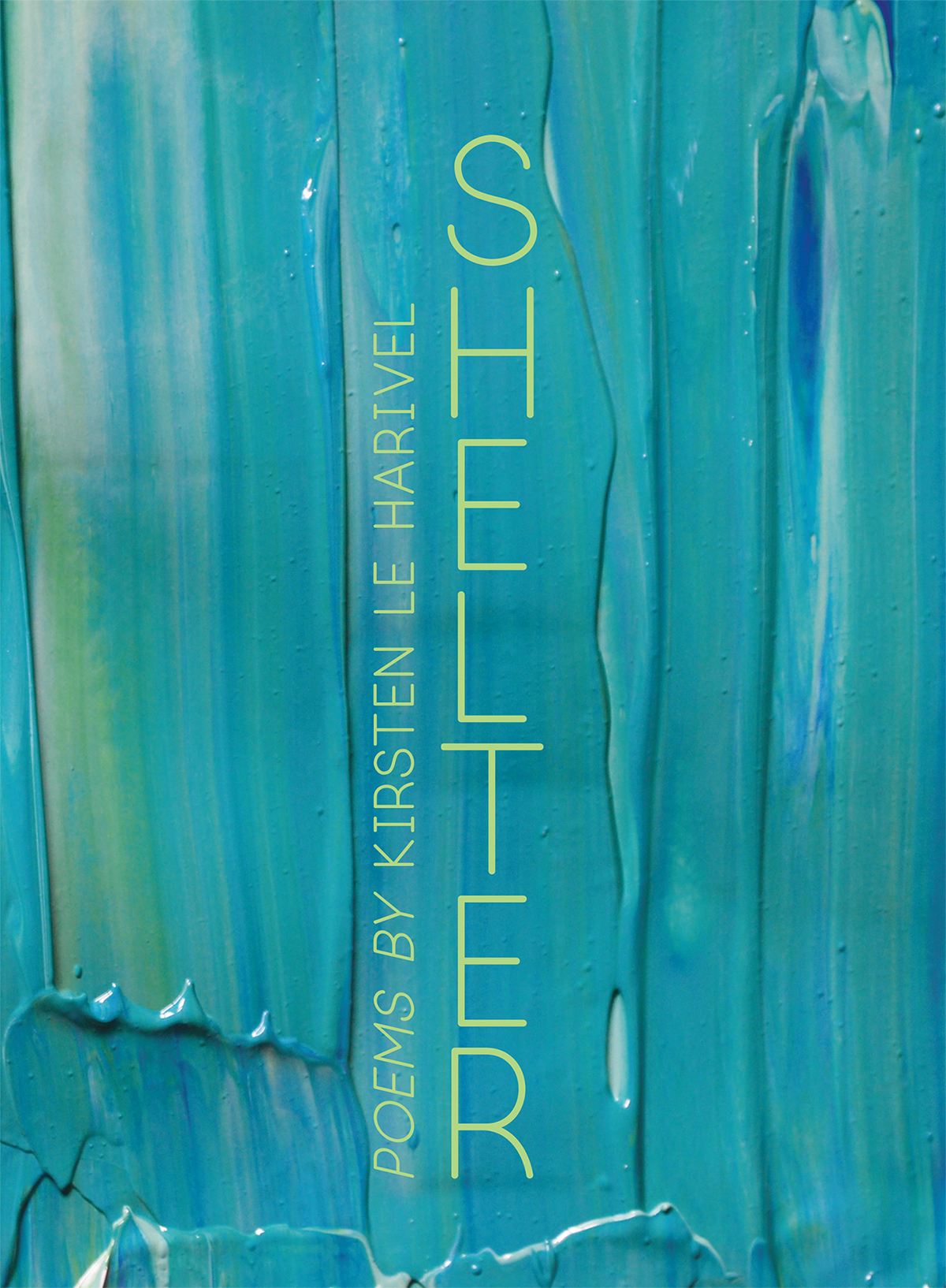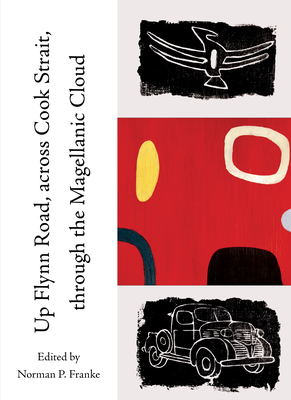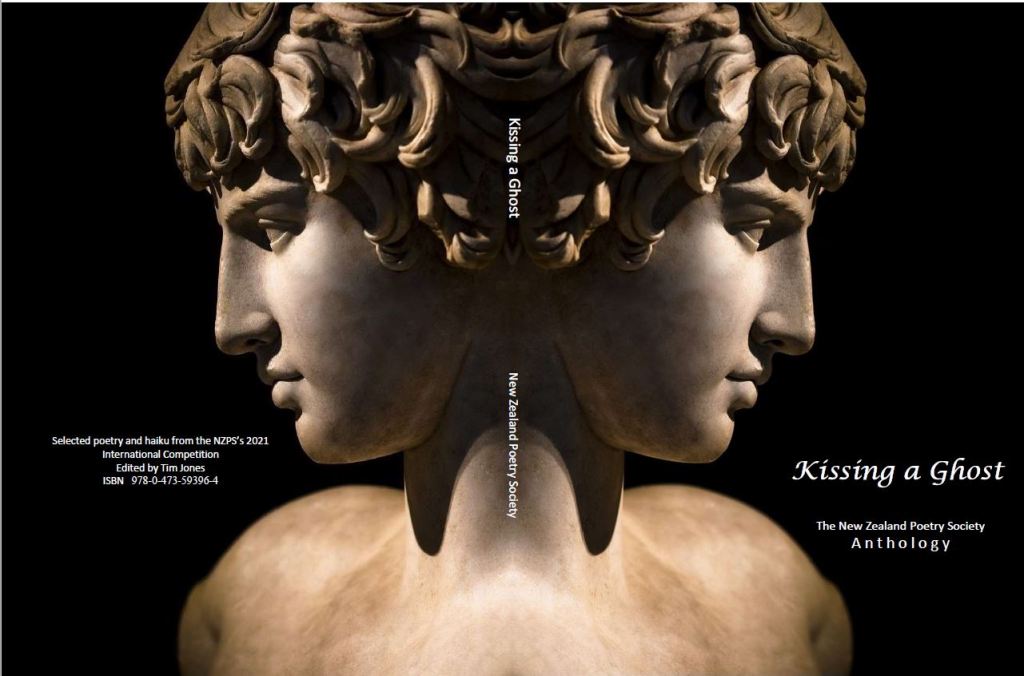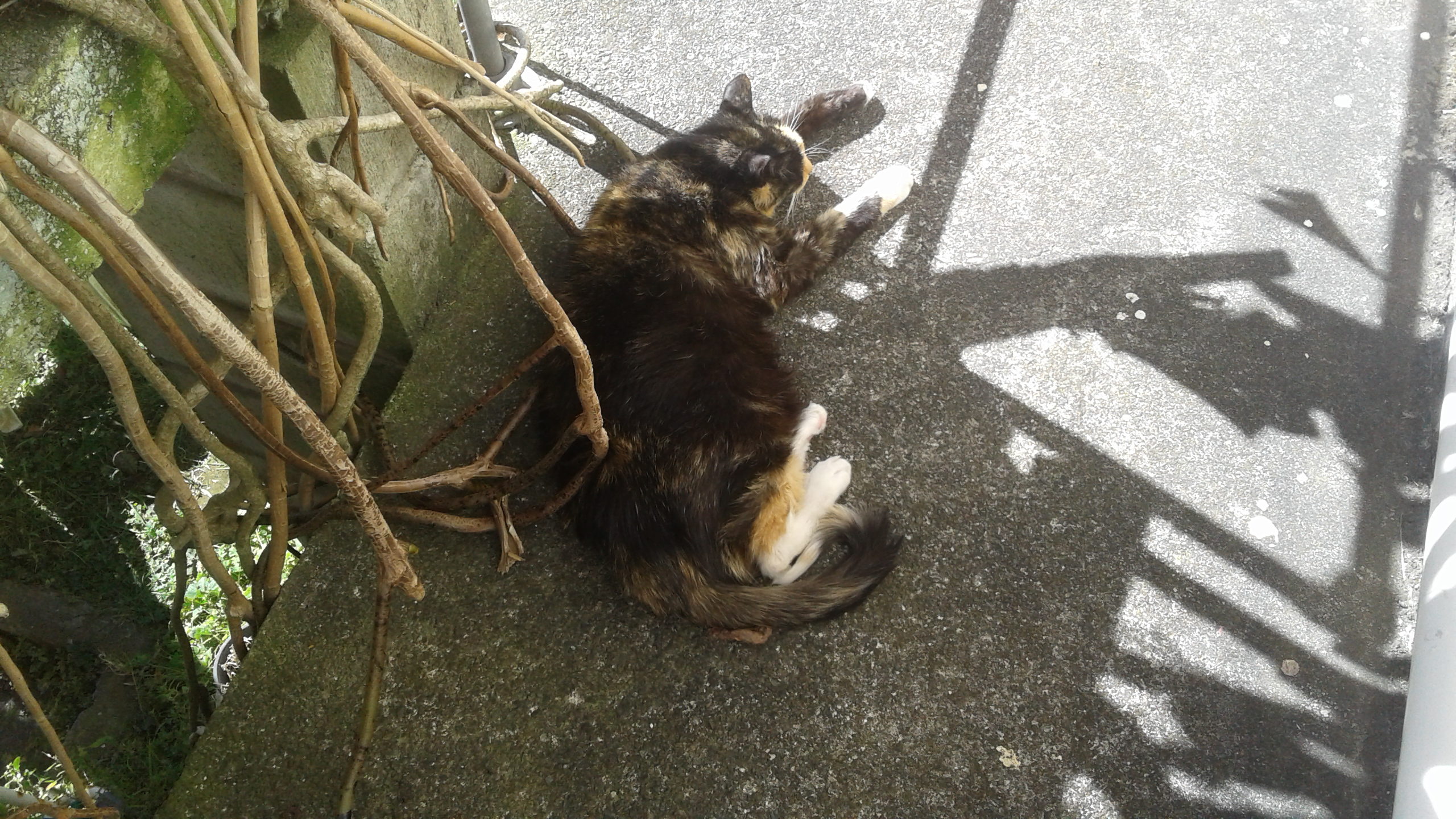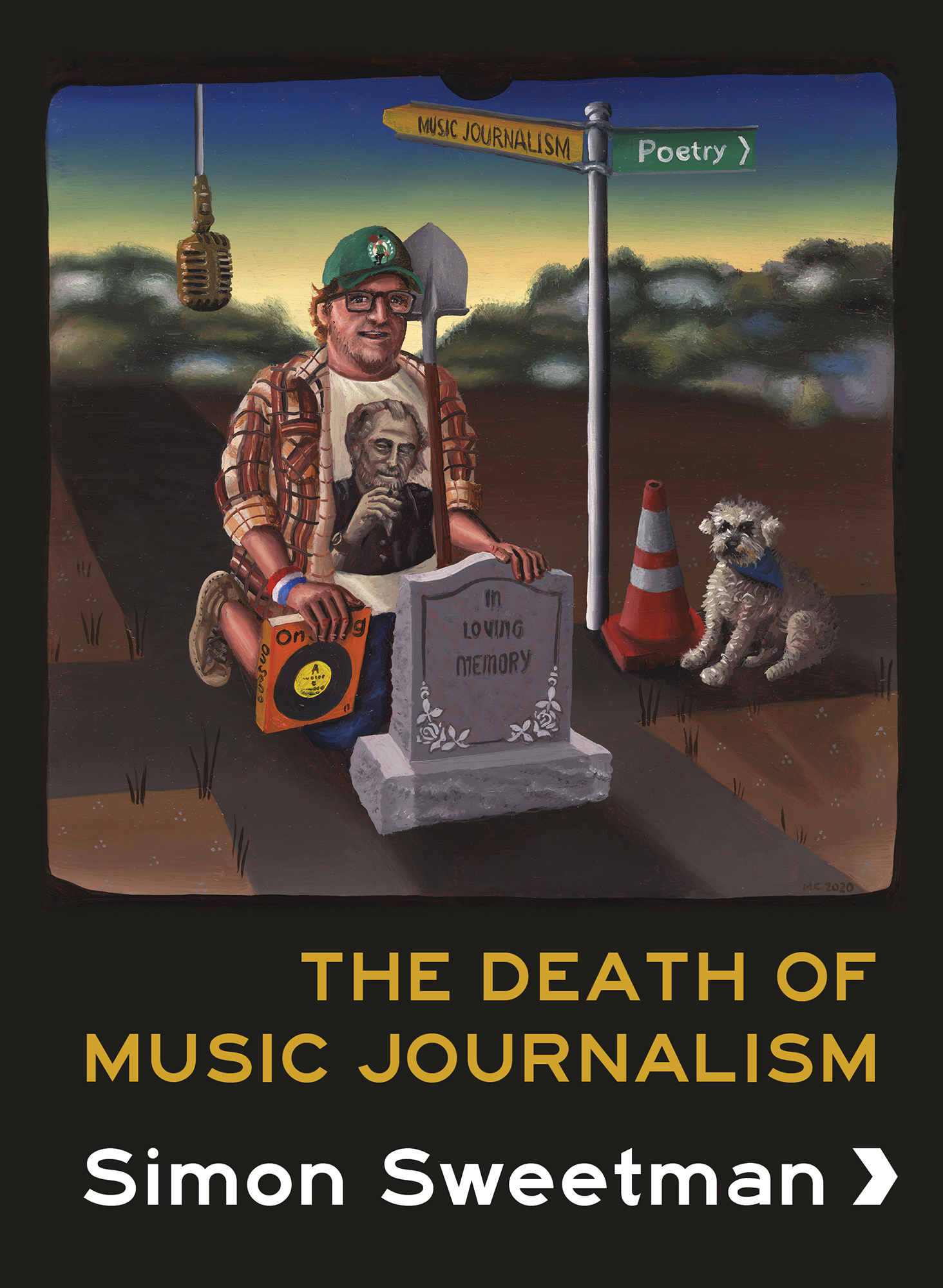Koe: An Aotearoa ecopoetry anthology launches on 22 August – you’re invited to the launch!
I’m delighted that my poem “All That Summer”, first published in my collection New Sea Land (2016), has been selected for this new anthology of environmental poetry from Aotearoa / New Zealand, edited by Janet Newman and Robert Sullivan. I’ll be one of the poets reading at the Wellington launch, which is at
Meow, 9 Edward Street, Wellington from 6pm on Thursday, 22nd August – the same day the anthology becomes available in bookstores.
Please share the event with your friends, fellow poets, artists and activists on Facebook at:
https://www.facebook.com/share/tgMg2PTEwB58NmCL/ – and please come along!
More about Koe
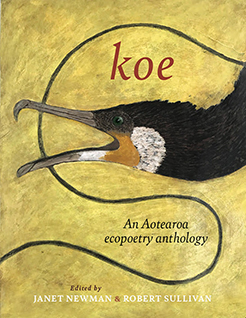
Koe invites readers to explore human connections with nature through a selection of over 100 poems composed in Aotearoa New Zealand from pre-European times to the present day. Including a substantial introduction and editors’ notes, Koe is the first anthology to provide a comprehensive overview of ecopoetic traditions in Aotearoa and to locate these traditions as part of the global ecopoetry scene.
In Koe, editors Janet Newman and Robert Sullivan reveal the genesis, development and heritage of a unique Aotearoa New Zealand ecopoetry derived from both traditional Māori poetry and the English poetry canon. Organised chronologically into three sections—representing the early years (poets born in or before the nineteenth century), the middle years of the twentieth century, and the twenty-first-century ‘now’—each segment presents a diverse array of voices. Across all these time frames, speaking from the conditions of their era, the poets delve into themes of humility, reverence and interconnectedness with the nonhuman world. They challenge traditional Eurocentric perspectives, highlight the significance of indigenous narratives, and wrestle with the impacts of European colonisation.
With more than 100 poems of celebration, elegy, apprehension, hope and activism, Koe gives us the history that holds our future.
New Poems Published in a fine line and Tarot
I’ve recently had new poems published in a fine line and Tarot – thanks very much to respective editors Gail Ingram and Kit Willett for selecting these poems for publication!
Check them out here:
a fine line (Autumn 2024): Tuesdays [a reprint], The Hedgehog Heart In Conflict With Itself [new]
Tarot 8: The Richter Scale (p. 30), Balcony (2023) (p. 47)
Where To From Here webinar for Our Climate Declaration
In July, I spoke to an Our Climate Declaration webinar about the nexus between climate writing and climate activism, referring both to my novel Emergency Weather and to the current political moment.. Thanks to Our Climate Declaration for the opportunity – check out the webinar below!
A Change In the Weather: The Climate Crisis In Poetry And Fiction
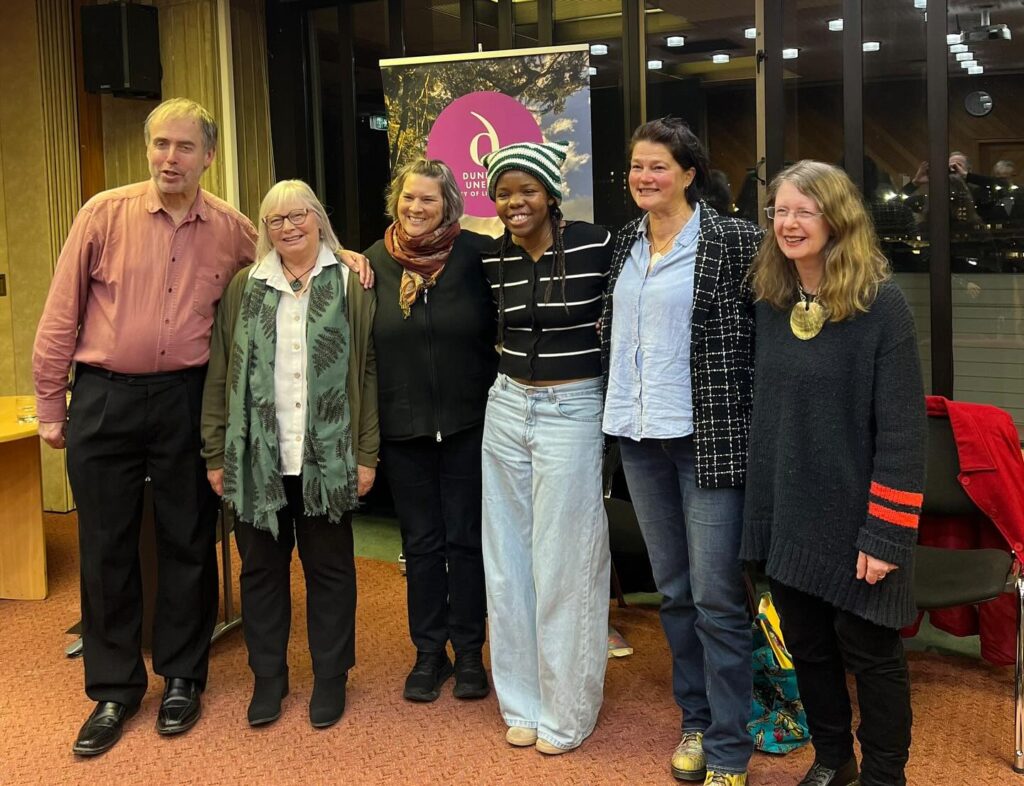
Tim Jones, Kay McKenzie Cooke, Michelle Elvy, Tunmise Adebowale, Mikaela Nyman, Jenny Powell – thanks to Kay for the photo!
I spent a couple of weeks in the south of the South Island in late June and early July, travelling with family and visiting friends. Along the way, I took part in a writing event in Dunedin, A Change In the Weather: The Climate Crisis In Poetry And Fiction on Thursday 4 July, which Michelle Elvy, Kay Mckenzie Cooke and I organised. The event was held in the Dunningham Suite at Dunedin Public Library – thanks very much to Ali and her team for setting the venue up & being such good hosts!
We had six readers:
Tim Jones
Kay McKenzie Cooke
Michelle Elvy
Tunmise Adebowale
Jenny Powell
Mikaela Nyman
and everyone read wonderful pieces! Then, afterwards, we had a really good discussion, covering both climate & environmental writing and climate activism, with the audience. Books got sold, drinks were drunk, nibbles nibbled (thanks to Kay and Robert for getting the drinks and nibbles) – it was a very positive event and I enjoyed it a lot. I lived in Dunedin from 1976 to 1993, and I felt very welcomed by the Dunedin literary community at this event.
Thanks to all our sponsors: The Cuba Press, Ōtepoti – He Puna Auaha / Dunedin City of Literature, Dunedin Public Libraries and the University Book Shop.

